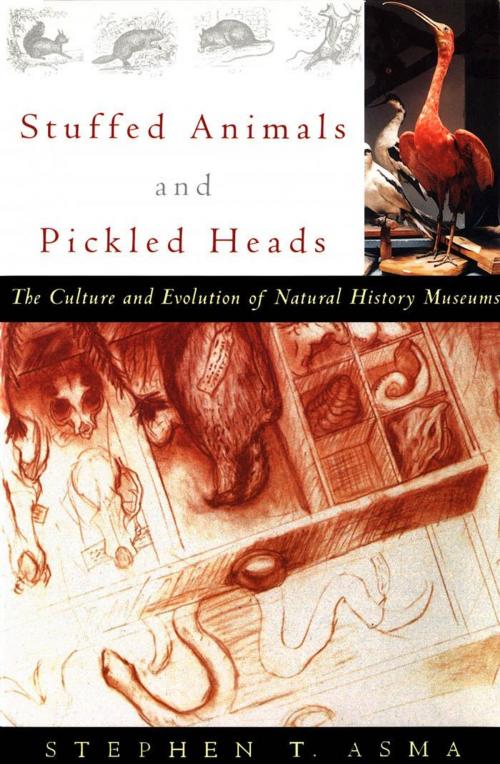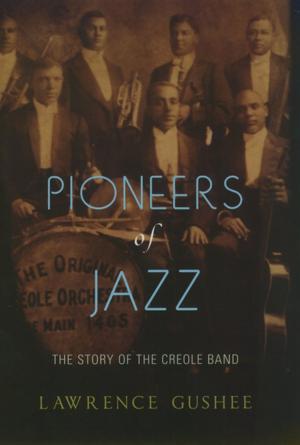Stuffed Animals and Pickled Heads
The Culture and Evolution of Natural History Museums
Nonfiction, Science & Nature, Science, Earth Sciences, Palaeontology, Other Sciences, History| Author: | Stephen T. Asma | ISBN: | 9780199839124 |
| Publisher: | Oxford University Press | Publication: | May 1, 2003 |
| Imprint: | Oxford University Press | Language: | English |
| Author: | Stephen T. Asma |
| ISBN: | 9780199839124 |
| Publisher: | Oxford University Press |
| Publication: | May 1, 2003 |
| Imprint: | Oxford University Press |
| Language: | English |
The natural history museum is a place where the line between "high" and "low" culture effectively vanishes--where our awe of nature, our taste for the bizarre, and our thirst for knowledge all blend happily together. But as Stephen Asma shows in Stuffed Animals and Pickled Heads, there is more going on in these great institutions than just smart fun. Asma takes us on a wide-ranging tour of natural history museums in New York and Chicago, London and Paris, interviewing curators, scientists, and exhibit designers, and providing a wealth of fascinating observations. We learn how the first museums were little more than high-toned side shows, with such garish exhibits as the pickled head of Peter the Great's lover. In contrast, today's museums are hot-beds of serious science, funding major research in such fields as anthropology and archaeology. "Rich in detail, lucid explanation, telling anecdotes, and fascinating characters.... Asma has rendered a fascinating and credible account of how natural history museums are conceived and presented. It's the kind of book that will not only engage a wide and diverse readership, but it should, best of all, send them flocking to see how we look at nature and ourselves in those fabulous legacies of the curiosity cabinet."--The Boston Herald.
The natural history museum is a place where the line between "high" and "low" culture effectively vanishes--where our awe of nature, our taste for the bizarre, and our thirst for knowledge all blend happily together. But as Stephen Asma shows in Stuffed Animals and Pickled Heads, there is more going on in these great institutions than just smart fun. Asma takes us on a wide-ranging tour of natural history museums in New York and Chicago, London and Paris, interviewing curators, scientists, and exhibit designers, and providing a wealth of fascinating observations. We learn how the first museums were little more than high-toned side shows, with such garish exhibits as the pickled head of Peter the Great's lover. In contrast, today's museums are hot-beds of serious science, funding major research in such fields as anthropology and archaeology. "Rich in detail, lucid explanation, telling anecdotes, and fascinating characters.... Asma has rendered a fascinating and credible account of how natural history museums are conceived and presented. It's the kind of book that will not only engage a wide and diverse readership, but it should, best of all, send them flocking to see how we look at nature and ourselves in those fabulous legacies of the curiosity cabinet."--The Boston Herald.















